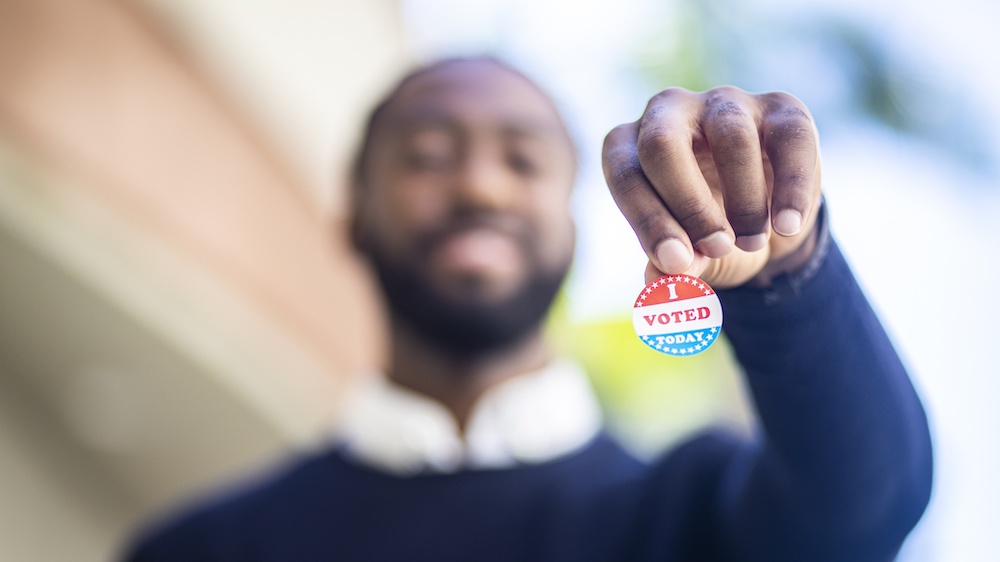If you’re interested in sharing your opinion on any cultural, political or personal topic, create an account here and check out our how-to post to learn more.
____
Election Day is finally upon us, and in many ways this presidential election presents a set of challenges that are unprecedented. In recent months, we have seen a surge of voter suppression tactics targeting young people. These challenges and barriers are further exacerbated, among other things, by the pandemics of racial oppression and COVID-19.
Young voters, many of whom are first-time voters in this 2020 presidential election, are particularly vulnerable to voter suppression. However, while the voter block of Generation Z (born after 1996) introduces some interesting dynamics to this election cycle, there is little attention being paid to their potential impact on this election. Why might this be the case? Who has an investment in derailing young voters from participating? What don’t they want us to know about Generation Z voters?
First, Generation Z voters constitute a growing share of the electorate. Members of Gen Z comprise 10% eligible voters in 2020, up from only 4% in the 2016 presidential election. They cast 3 million votes in the 2016 presidential election and 4.5 million votes in the 2018 midterm election. Members of Generation Z (born after 1996), along with millennials (born 1981-1996), and Generation X (born 1965-1980) collectively outvoted older generations (born before 1965) in both the 2016 presidential and the 2018 midterm elections.
Additionally, Gen Z is one of the most diverse voter blocks in recent times. In this 2020 presidential election, about one-third of eligible Gen Z voters are non-white; 10% of eligible voters were born outside of the U.S. Collectively, Generation Z is more racially and ethnically diverse than all of the older generations. About 45% of Gen Z eligible voters are racial and ethnic minorities, in comparison to 39% of millennials, 34% Gen X and 25% of Boomers, and 21% of Silent Generation eligible voters. Generation Z also echoes the liberal attitudes of the previous generation of millennials and tend to vote more progressively than older generations.
The ultimate impact of young voters on the 2020 presidential election will depend on voter turnout — that is the extent to which registered voters actually turn up at the polls to cast their ballots. Historically, younger Americans tend to vote at a much lower rate than older Americans. According to the U.S. Census Bureau, only 46.1% of eligible voters age 18–29 years old voted in the 2016 presidential election, in comparison to 58.7% of those age 30–44 years old, 66.6% of those age 45–64 year old and 70.9% who were 65 and older.
Gen Z voters will carry the heaviest and most enduring burden of this election. There are very real and consequential barriers to voter participation (e.g., pandemic, voter suppression, etc.), but there is also a lot on the line. Generation Z will endure the longest sustained consequences of policies and laws made pertaining to social justice, women’s rights, climate change, criminal justice, land and labor rights, LGBTQIA+ rights, voting rights, immigration, education, public health, international affairs and more. More than ever before in our lifetime, it is imperative for young voters to show up and to turn out. Young people are encouraged to turn out at the polls for many reasons — including for voting to mitigate further harm of the current presidential administration, voting for candidates that can best be pressured to the will of the people and to influence politics from the local to national level.
Young people – vote for candidates and policies that are pointed toward progress. Vote against candidates and policies that have proven to further oppress this country. And above all else, please know that your vote and your voice matter. You matter, and we all are counting on you.
